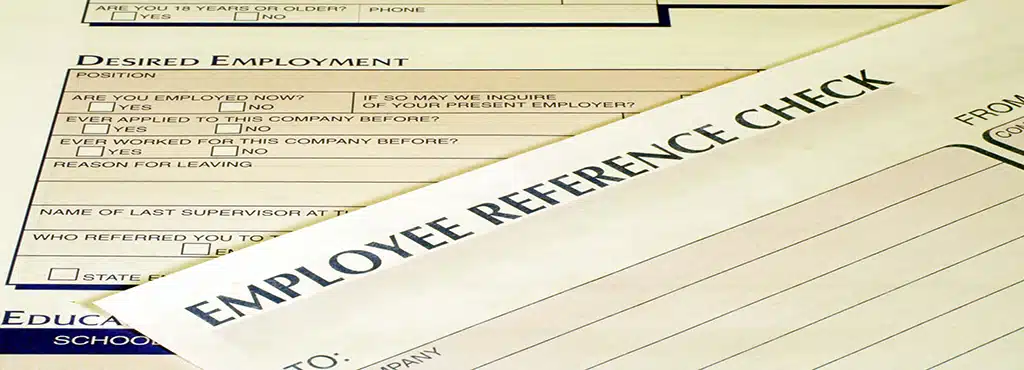It’s common practice for an employee to request a reference as part of their Settlement Agreement with you, but what are your legal obligations? Interestingly, unless you are part of a regulated industry, there is no legal requirement for you to provide a reference for a former employee.
However, if you do agree to provide a reference as part of a Settlement Agreement, you must be truthful and accurate. Find out more about including references in Settlement Agreements and how to go about it.
Why References Are Requested in Settlement Agreements
Employees may request an agreed reference as part of a settlement agreement to ensure that the information provided about them in future job references is positive and accurate. An agreed reference can help the employee to maintain their professional reputation and secure future employment. It allows the employee to control the message shared with future employers and to avoid any negative statements that might be included in an unagreed reference.
It also helps to protect the company from any liability arising from any negative statements they may make in an unagreed reference.
Can I Be Forced to Provide a Reference?
Except for businesses that are FSA-regulated, there is no legal requirement for employers to provide references. However, there are certain legal requirements that employers must abide by when providing references as part of a Settlement agreement. For example, they must be true, accurate, and fair and cannot give misleading or inaccurate information.
If you do agree to provide a reference during settlement discussions, then this will be seen as a benefit that arises from the Settlement Agreement.
Key Considerations When Providing a Reference
If you do agree to provide a reference as part of a Settlement Agreement, you will need to be mindful of the fact that the Equality Act 2010 makes it possible for individuals to claim unlawful discrimination if you provide a poor reference or if you refuse to provide any reference at all.
To be able to win a claim of unlawful discrimination, the individuals would need to prove that the treatment they received was due to a protected characteristic being discriminated against. Rather than allowing yourself to be put in the line of fire, choosing to offer an accurate reference can help to move negotiations along.
Including a Reference Clause in an Agreement
Once you have agreed to provide a reference as part of the Settlement Agreement, you will need to include it as a clause in the paperwork. The clause could read as simply as ‘standard reference to be provided’, or you could agree to a reference with the employee and then attach it to the agreement as an Annex. Either way, adding a reference clause is a powerful way to ensure a fair and expedient outcome.

